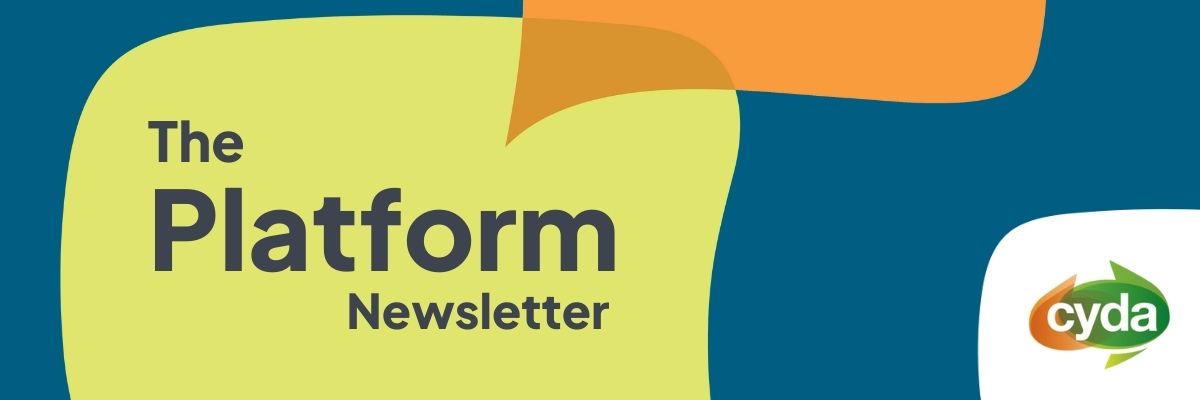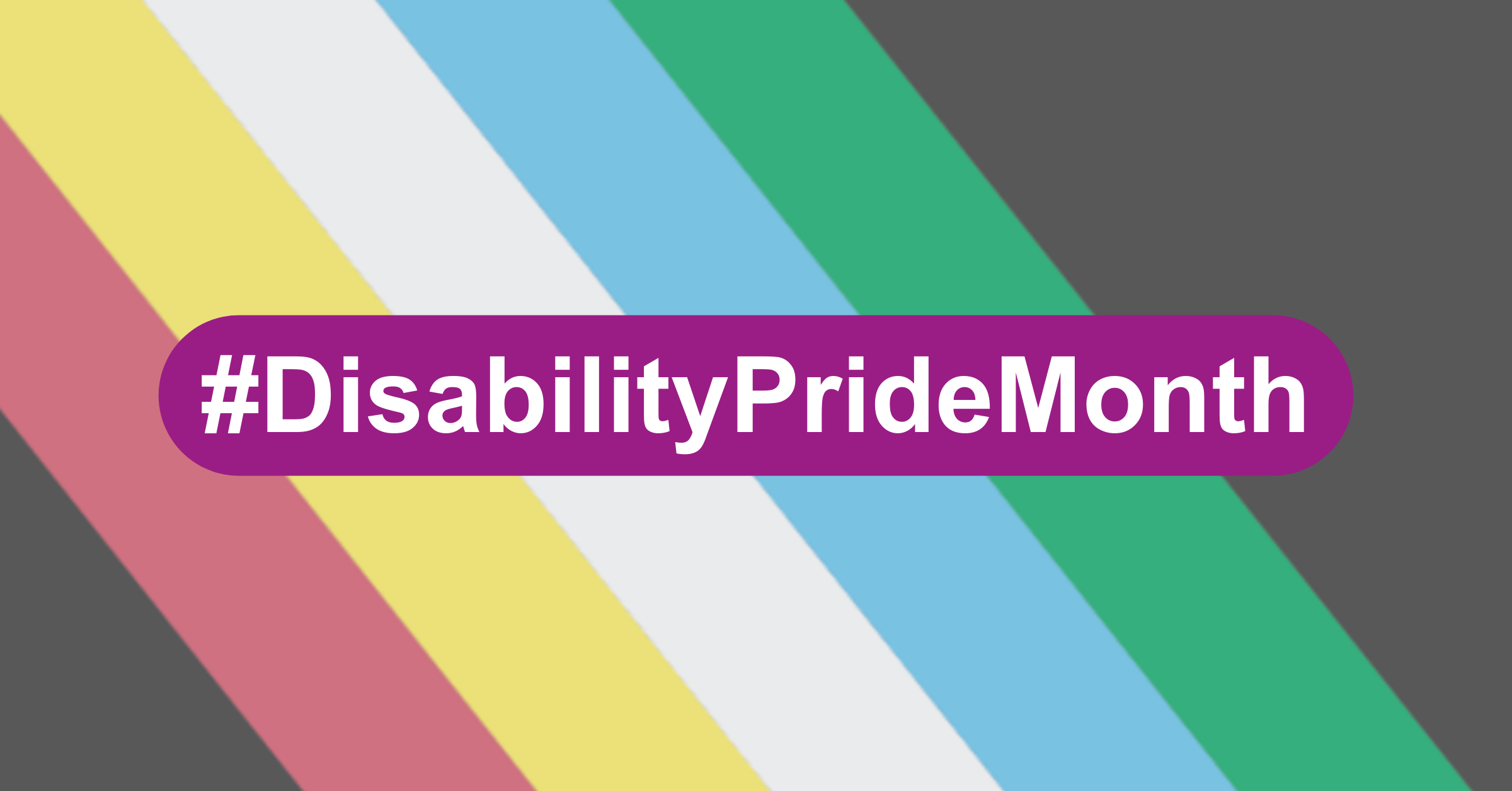Forget parades, I want respect
Dureece Moyden on what disability pride means to him: not parades, cheering, and celebration, but the right to exist without being judged.
I have a disability.
Even that one simple sentence is agonizing to say out loud, and quite often I don’t even disclose it because I know how people will respond.
“No, you don’t.”
“But you don’t look disabled.”
Or, my personal favourite: “Ugh.”
That last one wasn’t a typo. Far too many people’s reactions to me mentioning that I have a disability is quite literally to just… groan.
It gets worse when I start going into the details. I’ll describe my symptoms, or tell them the name of my condition, hoping to elicit some trust, understanding, or – god forbid – a shred of empathy.
That’s usually not how it goes. What I will hear instead are things like:
“That’s not a real disability.”
“Oh, everyone has something like that, you’re not special.”
“Aren’t you just tired, or something?” (I am, but that’s not the point.)
In a country where only 5% of the population works in healthcare, it’s fascinating that everyone I disclose my disability to seems to be part of that incredibly small group. I’m being facetious, none of these people are medical professionals.
I guess their reactions are just a consequence of the anti-information craze that social media has infected our culture with. Everyone thinks they’re an expert now, and nobody trusts the actual experts.
It seems that the only people who aren’t qualified to comment on my disability and its authenticity, are myself and the dozens of professionals I’ve engaged with.
It shouldn’t be like this. And this is where the topic of disability pride comes in.
When people think about ‘disability pride’, or ‘pride’ of any kind, I think that most people’s minds go straight to parades, cheering, and celebrations of some kind.
To be honest, I’ve never really cared for that side of things. I don’t have a problem with it, it’s just not for me. I’m a pretty quiet guy.
However, the sentiment and impact of those events is still extremely relevant to me, like the idea that disabled people can put themselves and their disabilities on display and not be shamed for it.
That part is important, and it’s something I want to include in my life, minus the marching bands and ticker-tape.
I’m not ‘proud’ of my disability in the same way I’m not proud of being tall or having black hair. None of these traits are things I actively control, or work towards, they’re just inherent aspects of who I am physically and shouldn’t be held to any kind of judgement whatsoever, whether negative or positive.
They’re just… there. But I do want the right to exist without my disability being judged, or its validity scrutinised.
I mean hell, look at how people respond to someone in their peer group having an allergy. Oh, Tim’s got a peanut allergy? No worries, I’ll stop bringing peanut butter sandwiches into the office. Nobody questions that. I’d like to be treated the same.
My disability is simply a part of who I am, and when I need to bring it up or the needs associated with it, I should be able to do that comfortably, without excessive scrutiny, and walk away with my dignity intact.
I have a few extra needs and limits than most people, and there shouldn’t be any issues with me bringing this up. No shame, no complaints, no interrogation.
I’m not asking for much.

About the author:
Dureece is a film student who lives with DPDR, a type of dissociative disorder. As someone with an acquired condition, he is very familiar with the lack of awareness and empathy that many people have towards disability. He wants to help close the gap by drawing from his experience as a formerly “able” person.

The Platform is our newsletter for young people with disability, featuring interviews, opportunities and news on the issues that matter to you!


